I am Phil Walker-Harding, a game designer from Sydney, Australia. I have been designing for almost 10 years now, although most of that time I was doing it pretty casually and occasionally self-publishing my own designs as Adventureland Games. In the past year or so I have been focusing more on just design and working with other publishers. My games include Sushi Go!, Cacao, Imhotep and the various editions of Archaeology.
About a decade ago I got back into the board gaming hobby by discovering games like The Settlers of Catan, Carcassonne and Lost Cities. Not long after this, I started designing games again. I say “again”, because when I was quite young I used to design my own games as well. My brother and cousin and I would often come up with games together, usually silly takes on what we were playing at the time. We would make our own components from cardboard and paper, and would have a great time playing them (in most cases, only once!). Modern board games showed me that there can be far more strategy, social interaction and fun in games than I had ever seen in the mass-market games I played growing up. This was really exciting for me, and it re-sparked that part of my brain that enjoyed making board games. So I decided to give designing another shot!
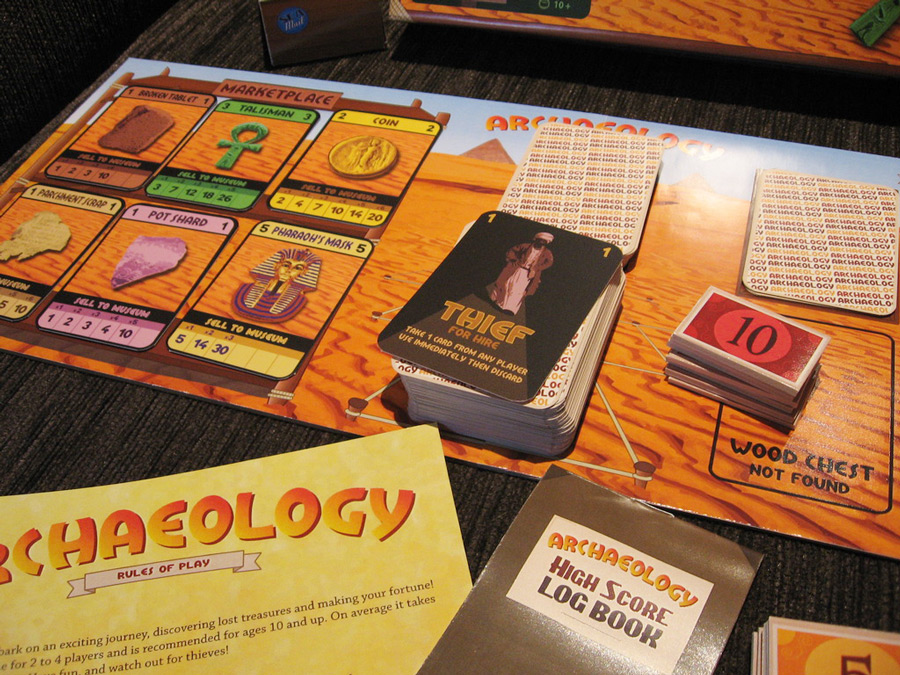
The first game I started working on had a pirate theme. The players explored an island built from a modular board looking for treasures. They could also sail around the island in their boat and had to contend with changing weather. But the game was not that great. It took way too long to play, and often you would find yourself with nothing that interesting to do on your turn but walk – which didn’t exactly bring the pirate theme to life! However, I noticed that players quite enjoyed trying to collect sets of treasure cards as they explored the island. The way treasures worked in the game was actually inspired by Lost Cities. I loved how in that game the very same card could be worth a huge amount to you at one point in the game, but at another point could be just clogging up your hand. I wanted my treasures to have this feeling of varying value, so I made each type score based on how many of that type you had. Just 1 of a type was not worth much of anything, but full sets were very valuable. If this was the most fun part of the game, it occurred to me to make a whole new game that was just this – collecting treasures!
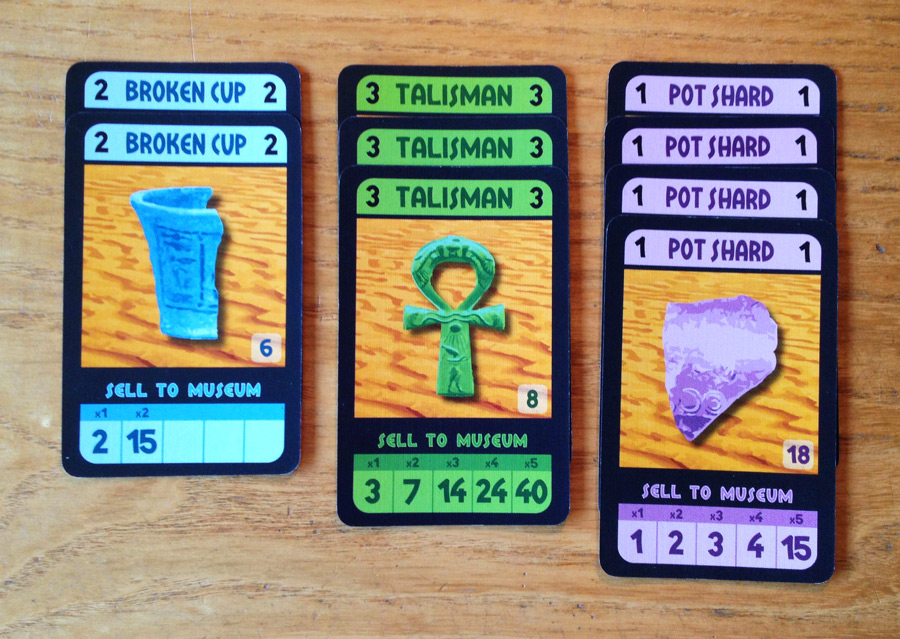
I think I chose the theme and title of “Archaeology” right away. It seemed like the perfect backdrop for trying to assemble sets of treasures. I knew the game would mainly revolve around cards, but I think I just assumed the game would need a board and other components as well. I started working hard at the game, and at the same time I began researching how I could self-publish a small print run. There were a few people in those days making small hand-made runs of games to sell online (this was way before Kickstarter!). I thought this was the easiest path to get the game into the hands of gamers. After playtesting with friends, a few months later “Archaeology” was complete and I put together 50 copies. This first batch was snapped up quite quickly, which was very encouraging. I made another 50 and sold them at a games convention here in Australia. People seemed to enjoy the game, but the more seasoned gamers who played it also had some pretty strong critiques. It was hard as a brand new designer to hear some of this, but I also knew I wanted to get better at designing. I thought about how I could take some of these suggestions on board for improving the game. At the same time, self-producing a full board game had been really time consuming, and I knew I couldn’t do it sustainably. Then the idea hit me – I could do a new edition of the game that was just cards. I could rework the rules, and it would be much easier to produce as well! I think this first experience taught me how important it is as a designer to just get your games out there. Especially when you start out, releasing something even on a small scale can be so valuable for getting feedback and improving your skills.
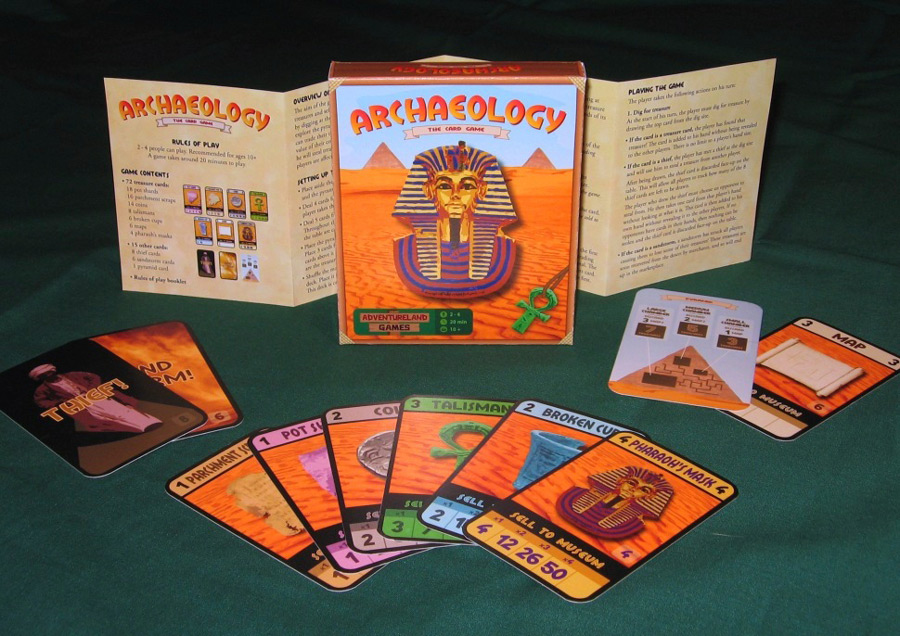
I released Archaeology: The Card Game quite soon after, and again hand-produced around 100 copies to start with. It was much easier to make – I had the first edition made by a business card printer. This version had the same interesting set collection mechanism, but I re-worked some of the cards and changed the structure of the game somewhat to make it more exciting and have a push-your-luck element. There was a bit more interest in the game this time, so I made additional print runs and got it into a few shops. I was also very happy and surprised to win the inaugural Boardgames Australia Best Australian Game prize! At the convention where I received the award, Z-Man games happened to have a booth. I got to meet Zev and after playing a game, he said he would like to publish it! I was of course over the moon, and it was so exciting to see the game reach a far wider audience over the next few years.
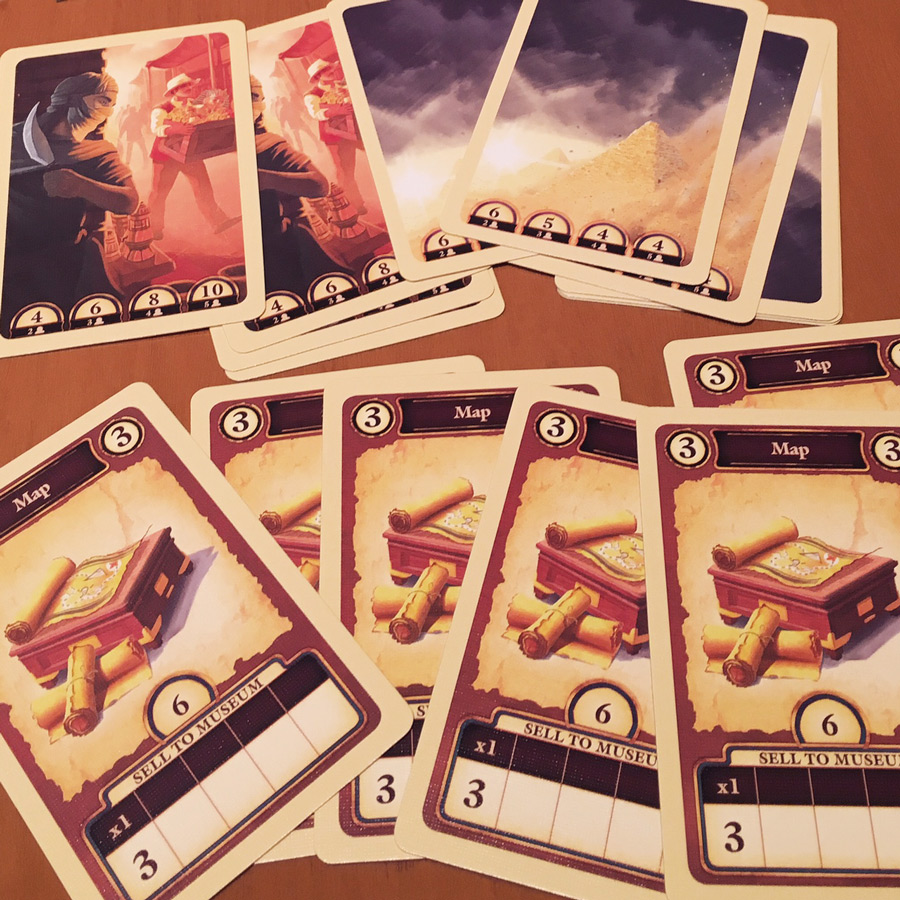
I continued designing games and self-published quite a few more as the years went by. Slowly, more of my titles began being picked up by publishers too, including Sushi Go! and Cacao. While I always looked back fondly on Archaeology: The Card Game, my design tastes had shifted somewhat and I did see a few flaws in the original design. Then quite out the blue, Z-Man decided that they would like to do a new edition of the game and asked if I had any ideas for new content. What a great opportunity to go back and revisit the design (again)! I got to work on it right away, and found it exciting to get to apply what I’d learnt over the years to an older game.
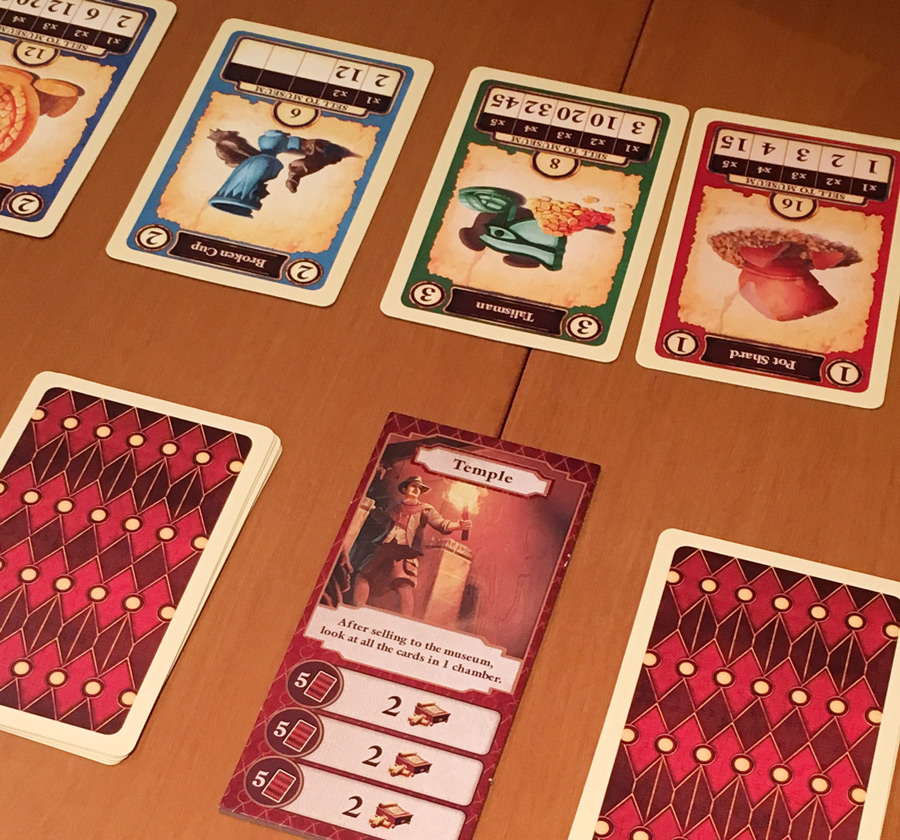
At first I thought about making some quite radical changes to make the game less lucky, less swingy and have less take-that. However, I quickly realised that these changes would basically not make the game Archaeology anymore! Further, the game had found an audience that really enjoyed its gameplay style, so I thought I should respect that and not change the game too much. In the end I did introduce the Tent cards, which allow the players to dodge a sandstorm (these are event cards which make you discard treasures). While only a small change, it did give a sense of extra control and security to your hand. I also knew I wanted to expand the number of cards in the game to allow for 5 players to play, as the original could only accommodate 4. For a light card game, I usually find the more the merrier, so I came up with a couple of new treasure types to add to the deck. Next I wanted to re-work the way a few cards scored. After playing the game for so many years, I came to see which cards players always go for, and how various treasures are most commonly used. For example, I found that Talismans were almost always traded at the market, as they just didn’t feel worth it to collect a set for points. This led me to re-balance the values on many cards. Often these tweaks were small, but I think they really help the decision space in the game. Now there are fewer situations where there is an obvious best move in terms of trading in treasures or holding on to them.
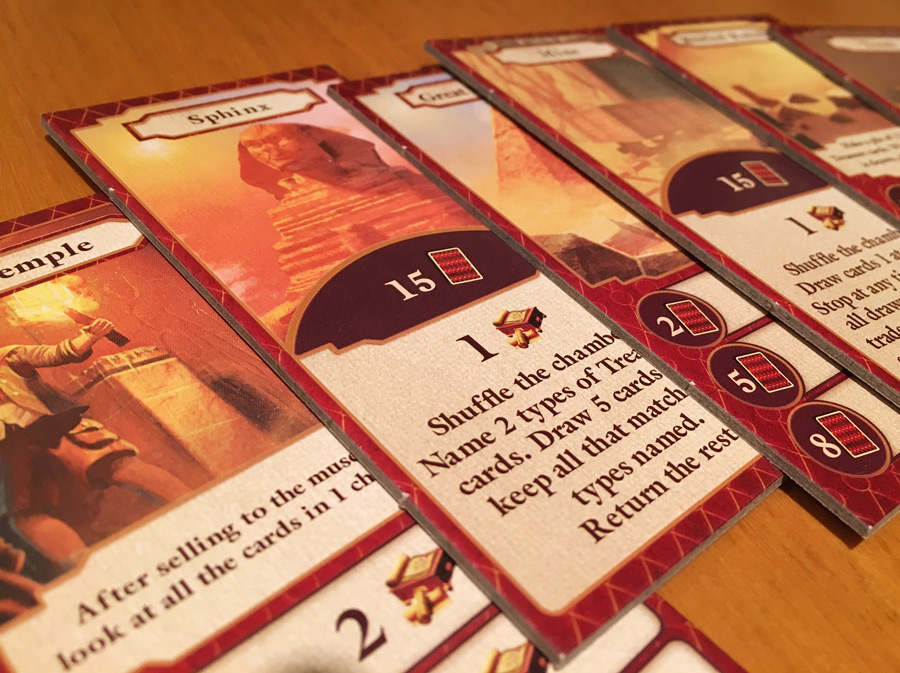
Finally, I wanted to add something to the game that felt like a legitimate expansion for it. As a simple game, there aren’t many mechanisms that can really have anything new bolted on to them. However, it occurred to me that if the players could explore the Pyramid (a mechanism where you turn in Map cards for some unknown treasures), why couldn’t they explore other ancient monuments as well? I started investigating other ways that Map cards could be used to get treasures: looking through different sized piles, having treasures appear over time, and so on. These new monuments were lots of fun to design. I submitted 4 of them to Z-Man and they said they liked them but would really like there to be 6 in the game! I was sure I had come up with every interesting possibility, but with their great suggestions I managed to find 2 more. This is a nice little example of how working with a developer on your game can really push you to improve it.
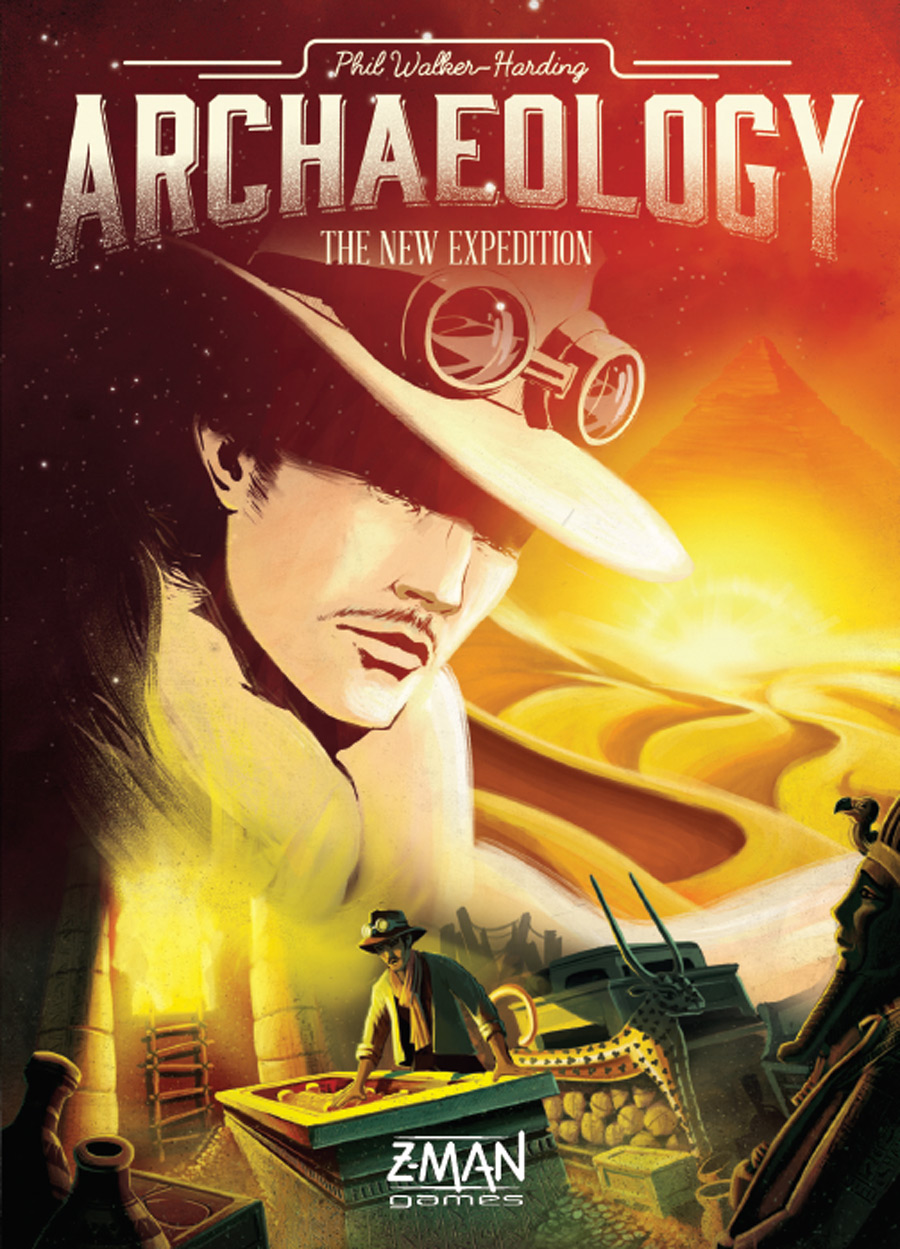
Z-Man got the wonderful Atha Kanaani to illustrate the new edition of Archaeology, which would now be known as “The New Expedition”. When the first art samples arrived, I was so enamoured with them! The illustrations were such a huge improvement on the originals (which I had done myself) and had so many great details in them. The cover I especially loved, as it captured the mood of the theme and the period absolutely perfectly. It was so satisfying to see this little game I had come up with so long ago presented in its best light. So it has been quite a journey from designing a game about pirate treasure to Archaeology: The New Expedition! I’d like to thank everyone out there who has played the various versions of the game and shared it with friends and family. Keep on exploring!
Get Archaeology The New Expedition on Amazon.
Photo credits: Z-man/Phil Walker-Harding/Shiny Happy Meeples
Did you like this story? Please share or comment. Go to this page to submit a story yourself. Subscribe to our online magazine here!

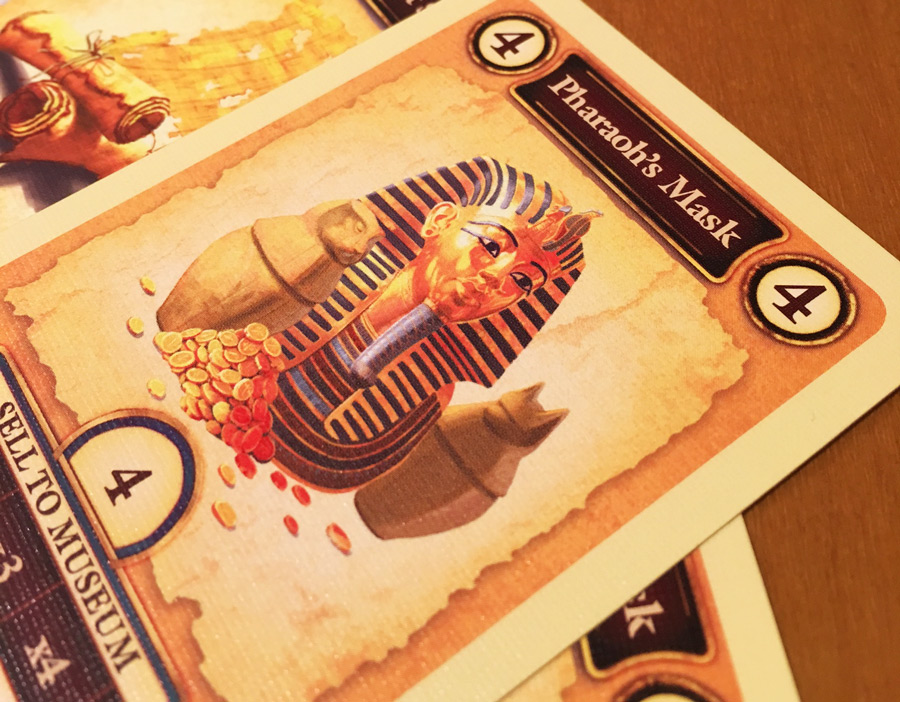
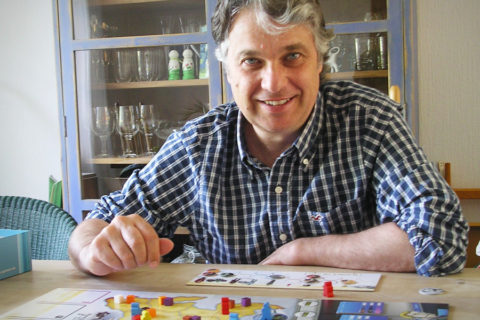
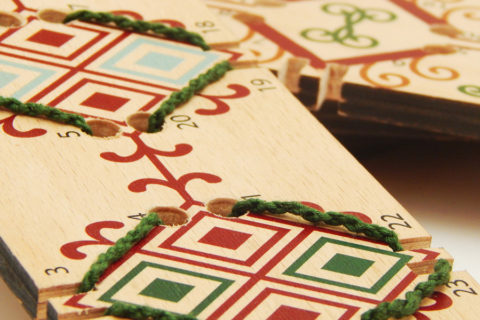
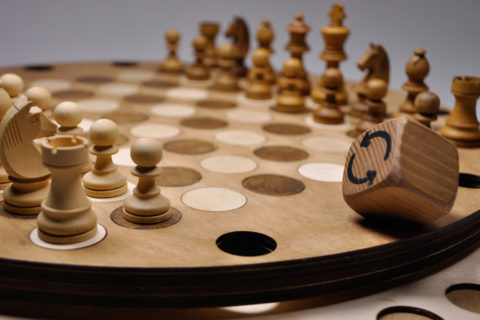
Fun read!! thanks for sharing!
I thought this card game could not get any better, but I was wrong! Great filler!
I’ve been wanting to buy and play this for months! It’s sold out everywhere but Amazon. Please point out to Z-Man that SU&SD created a LOT of demand for this game that they’re not meeting!
My seven year old daughter’s favourite game. She loves introducing it to new people and teaching, the rules, which is delightful. The new edition is stunning. Thank you for your hard work
Always loved this terrific little game and I’m thrilled the experience led to more fun games. Thanks for sharing – special mention going into the Boardgame Babylon newsletter.
Hey Phil, thanks for sharing! I love Sushi Go and Sushi Go Party, and have been looking to pick up the new edition of Archaeology for some time. Could you (if possible) give Z Man Games a gentle nudge to do a reprint soon? Thanks! =)
The concept of online casino gaming is a very simple concept. People enjoy gambling a great deal. They gamble in an organized fashion through betting on sports or playing at a casino and they gamble in an informal fashion through making bets and pools with their friends, relatives and co-workers.
Your article helped me a lot, thanks for the information. I also like your blog theme, can you tell me how you did it?
Hi just want say that this article is very nice and very informative article.I will make sure to be reading your blog more.
okbet casino
Reading your article helped me a lot, but I still had some doubts at the time, could I ask you for advice? Thanks.
It’s the same topic , but I was quite surprised to see the opinions I didn’t think of. My blog also has articles on these topics, so I look forward to your visit. baccarat online
Thank you for your sharing. I am worried that I lack creative ideas. It is your article that makes me full of hope. Thank you. But, I have a question, can you help me? https://accounts.binance.com/pt-BR/register-person?ref=OMM3XK51
I may need your help. I’ve been doing research on gate io recently, and I’ve tried a lot of different things. Later, I read your article, and I think your way of writing has given me some innovative ideas, thank you very much.
Thank you for your sharing. I am worried that I lack creative ideas. It is your article that makes me full of hope. Thank you. But, I have a question, can you help me? https://www.binance.com/it/register?ref=JHQQKNKN
Please visit my web site as well and let me know your opinion. 메이저토토사이트
Hi there, I log on to your new stuff daily. 바카라
Your humoristic style is awesome, keep up the good work! 사설토토
Your point of view caught my eye and was very interesting. Thanks. I have a question for you.
Can you be more specific about the content of your article? After reading it, I still have some doubts. Hope you can help me.
Can you be more specific about the content of your article? After reading it, I still have some doubts. Hope you can help me.
Thanks for sharing. I read many of your blog posts, cool, your blog is very good.
I don’t think the title of your article matches the content lol. Just kidding, mainly because I had some doubts after reading the article.
Thanks for sharing. I read many of your blog posts, cool, your blog is very good.
Thanks for sharing. I read many of your blog posts, cool, your blog is very good.
Thank you for your sharing. I am worried that I lack creative ideas. It is your article that makes me full of hope. Thank you. But, I have a question, can you help me?
Thank you for your sharing. I am worried that I lack creative ideas. It is your article that makes me full of hope. Thank you. But, I have a question, can you help me?
Thanks for sharing. I read many of your blog posts, cool, your blog is very good.